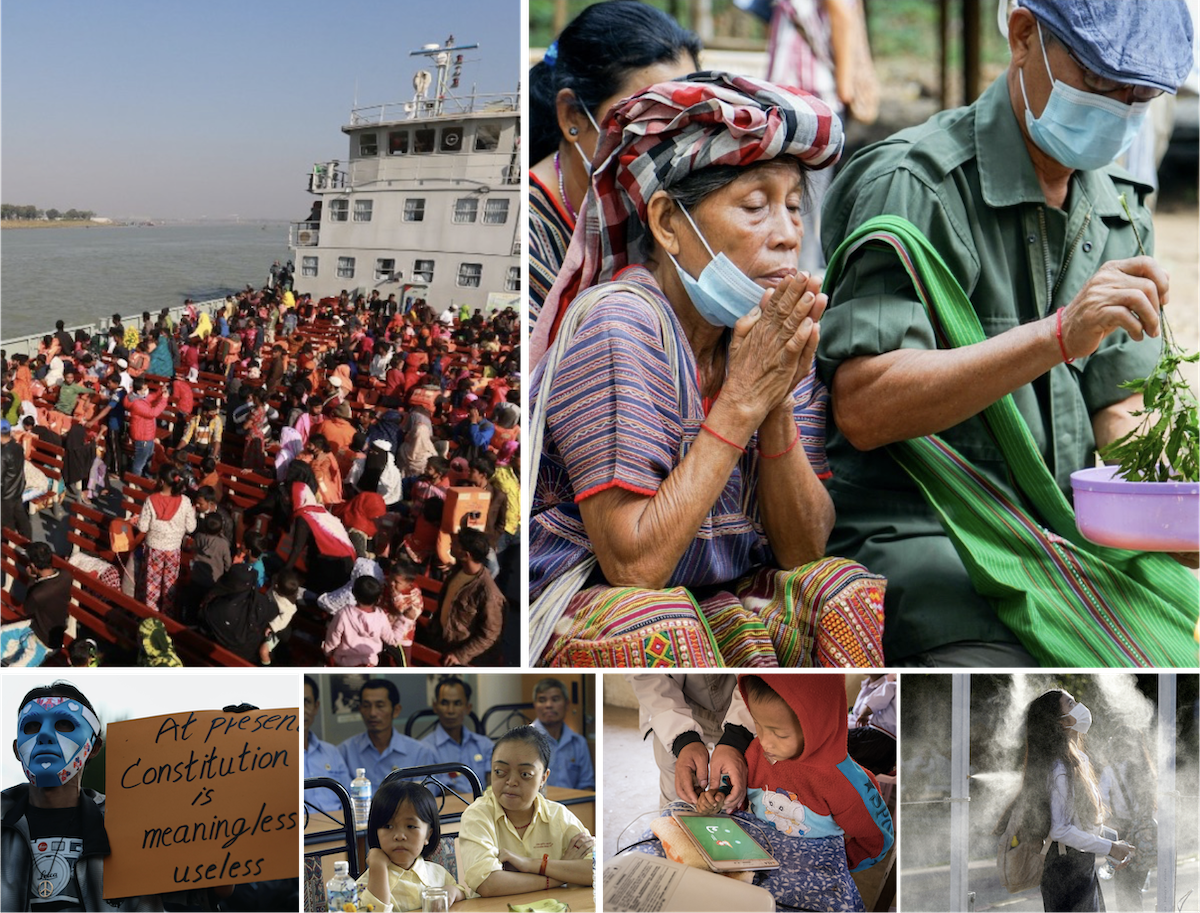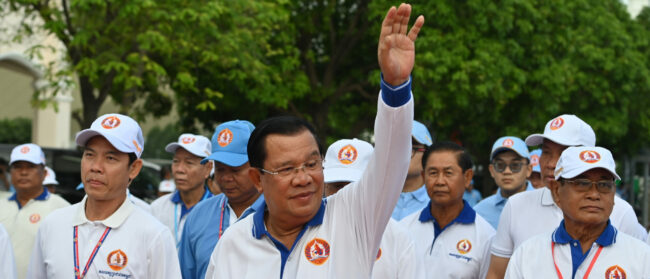As Thai forest aims for UNESCO status, Karen community pushed to the margins
Wanpen Pajai, Globe’s enterprising reporter in Thailand, sent us this dispatch from the rugged Kaeng Krachan national park. This thick forest area is the site of a long-running struggle between state agencies enforcing their authority within the park and indigenous Karen groups who have for generations made their homes among the trees — and are fighting to maintain their traditional way of life. Now, with the forest on a list of prospects to receive status as a UNESCO Natural World Heritage site, the stakes have only grown higher for the Karen who live there. Really interesting coverage here that may change the way you think about environmental conservation.
The Vietnam school dealing with the effects of Agent Orange 59 years on
Globe’s own man in Vietnam, Ashley Lampard, delivered this deep look into the modern state of Agent Orange, almost six decades after US military forces began using it in Vietnam. Ashley visited the Friendship Village, a non-profit facility that provides education and medical services to many of the children and young adults who still inherit the effects of the toxic chemical, in his journey to learn what the future may hold for this lingering poison.
Burning camps, island relocation and repatriation talks as Rohingya await fate
Refugee life is never easy, but the past months have been especially turbulent in the Rohingya camps of Cox’s Bazar in coastal Bangladesh. Amidst a relocation scheme to a windswept island, camp fires that consumed homes and school buildings and a diplomatic push to begin repatriation to Myanmar as soon as this year, the Rohingya are still keeping their hopes alive to safely return home. I wrote this one and I hope you find it meaningful.
Why reducing Thailand’s inequality is essential to reducing political tension
Globe columnist Mark Cogan is here this week with a look at the tight bonds that link Thailand’s extreme inequality with the urge of its youth movement to push for major political changes. A useful lens, especially as the protest cycle picks back up.
In Laos, children kept from learning by among world’s most expensive internet
Kids around the world have had to rely on distance learning to get through Covid-19-related school closures. But what happens if almost nobody can get online? In Laos, with some of the world’s most expensive fixed broadband costs, the most recent government survey data suggests less than 2% of households have fixed internet access at home, while only 39% of the population are mobile internet users. In our latest partner piece with Aide et Action, Christine Redmond dives into the issue of disconnected students in Laos, examining the strategies now being rolled out to keep school in session even through pandemic.
Building back better: Cambodia’s post-Covid-19 education system
With the pandemic closing Cambodian schools throughout much of last year, exposing many of the system’s long-standing weaknesses, now is a good opportunity to rebuild a more resilient and inclusive education system in the Kingdom, says UNDP Cambodia. The UN body’s Resident Representative in Cambodia, Nick Beresford, and Policy Analyst Khoun Theara explain more.


